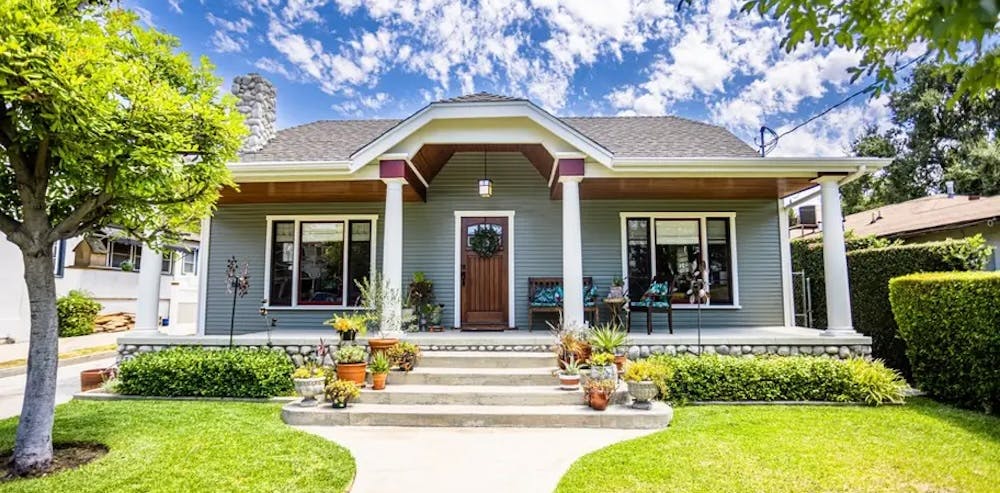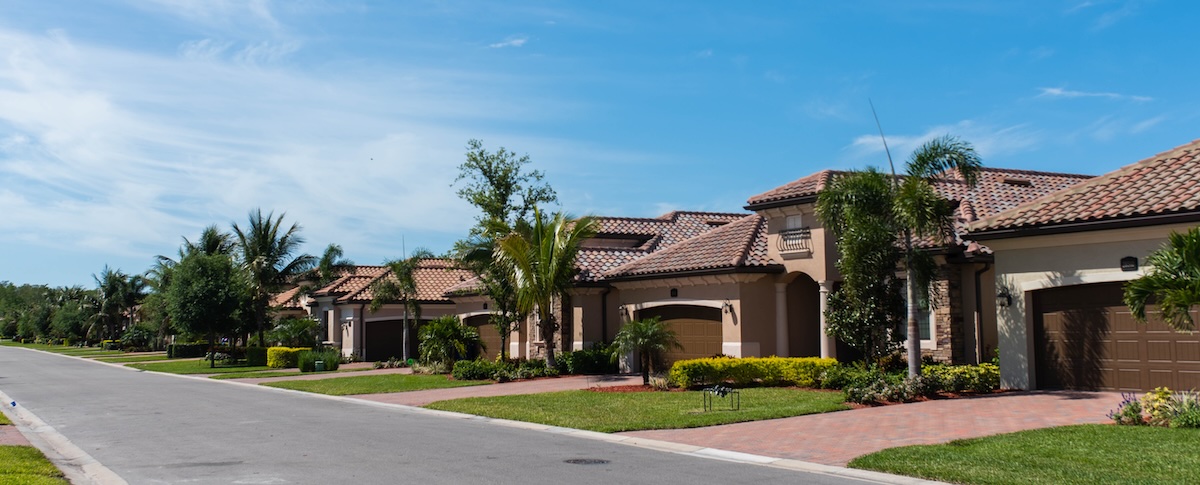Texas
Legal & Regulatory
What Texas Landlords Need To Know About Rental Housing Laws in 2024
Last Updated Jan 25, 2024


New year, new laws for Texas! Housing legislation is always evolving. If you own a rental home in Texas, you’ll need to stay on top of shifting laws and regulations. While 2024 doesn’t usher in major changes, there are recent laws in place that are worth brushing up on — plus one to watch that is in the current litigation.
Here’s a quick round-up of four housing changes Texas homeowners should be aware of in 2024.
Texas housing laws 2024
1. Texas homeowners are getting tax relief in 2024
In very welcome news for Texas homeowners, property taxes are going to be cheaper in 2024, thanks to Proposition 4 passing in November. By providing more funding for public schools, less tax needs to be collected from homeowners. At a cost of $18 billion, this is the largest cut to property taxes in Texas history. It will provide an average saving of $1,000 for homeowners in the state — a welcome boost to your rental cash flow from 2024.
Read More: Property Taxes By State 2024
2. Homeowners Associations need to be more transparent about fines in 2024
Homeowners Associations or ‘HOAs’ can be tricky to navigate, especially when your home is on the rental market. There have been complaints about a lack of transparency for policies and fines, which has been addressed by new laws in Texas. As of January 1 2024, House Bill 614 requires Texas HOAS to explain and outline their rules and fines. Potential homeowners will also have better access to this information before buying a home so they know what they’re getting into.
For rental homeowners and investors, this will make compliance easier by having a better understanding of fines relating to:
- Property maintenance and repair
- Individual misconduct from you or your residents
- Matters affecting health and safety
House Bill 1193 also came into effect in September 2023, prohibiting HOAS from discriminating against tenants based on their method of payment. The law comes after an HOA tried to discriminate against a resident in Denton County who was paying with a Section 8 housing voucher.
Read More: How To Rent Your Home and Stay HOA-Board Approved
3. Security deposit laws and rental fees are evolving
Many states such as California and Florida are beginning to put caps on rental security deposits and introduce the option to pay a fee instead of a security deposit. As of January 2024, there are no legal caps on upfront security deposits in Texas — but there is the option of a fee alternative.
Since 2021, Texas state law has permitted landlords to provide an option for a monthly fee. If you accept this option, you need to provide written notice to your resident that outlines the amounts (monthly fee vs security deposit) along with their right to pay a security deposit instead of a monthly fee. Even if they opt for the fee, they are within their rights to opt out at any time and pay a refundable security deposit instead.
Under this law, you can also choose to use the fee to pay for a landlord's insurance premium, but you can’t make a profit on this fee by charging the tenant more. You also can’t charge tenants for any damage you claim on insurance.
To avoid making this tricky decision, Belong PRO offers all rental residents the option to pay for their security deposit in monthly installments. This gives the flexibility of spreading upfront costs, while ensuring that our homeowners have the safety net of a traditional security deposit.
Learn more about Belong PRO in Austin, Dallas/Fort Worth, Houston, and San Antonio.
4. Local ordinances may soon be overridden in Texas
In Florida, more than 40 local ordinances became unenforceable due to a new law that allowed state legislators to override them. This put an end to many local renter protections, including Orange County’s tenant bill of rights.
A similar change is in the air for Texas. Known as the “Death Star” bill, House Bill 2127 came into effect in September 2023, but it’s currently in litigation. Houston, San Antonio and El Paso have all sued to block the legislation. Local jurisdictions are already barred from introducing rent control measures, but this law would further dampen any new renter protections or moratoriums from being put in place without state approval. One to watch in 2024.
Read More: 5 Predictions for the 2024 Rental Market and How To Prepare For Them
Belong guarantees rent and offers eviction protection
Belong PRO homeowners don’t have to worry about changing regulations, as our team of experts does all the work for you and is available 24/7 to answer any questions.
Belong homeowners earn guaranteed rent, paid to them each month even when residents are late to pay. And, in the unlikely event that residents must be evicted, Belong assists with the process so homeowners are never left stuck in the confusing legal system on their own.
Interested in learning more about Belong PRO services and availability in Texas? Check out one of our local pages below:
- Austin Property Management
- Dallas/Fort Worth Property Management
- Houston Property Management
- San Antonio Property Management
- Everywhere else!
Disclaimer: This article is not intended as legal advice. Your local city is the best place to find information on local ordinances that apply to you and your rental property. To flip outdated property management on its head, we prefer to use the terms ‘homeowner and resident’ over ‘landlord and tenant’. But as this article discusses legislation, we have stuck to the old monikers.
About The Author
Melanie Kershaw
Mel Kershaw is a Content Lead at Belong. With an extensive background working with technology companies including Eventbrite and Yelp, she’s always looking for ways to create educational and informative articles that simplifies tech and solves problems for her audience.




